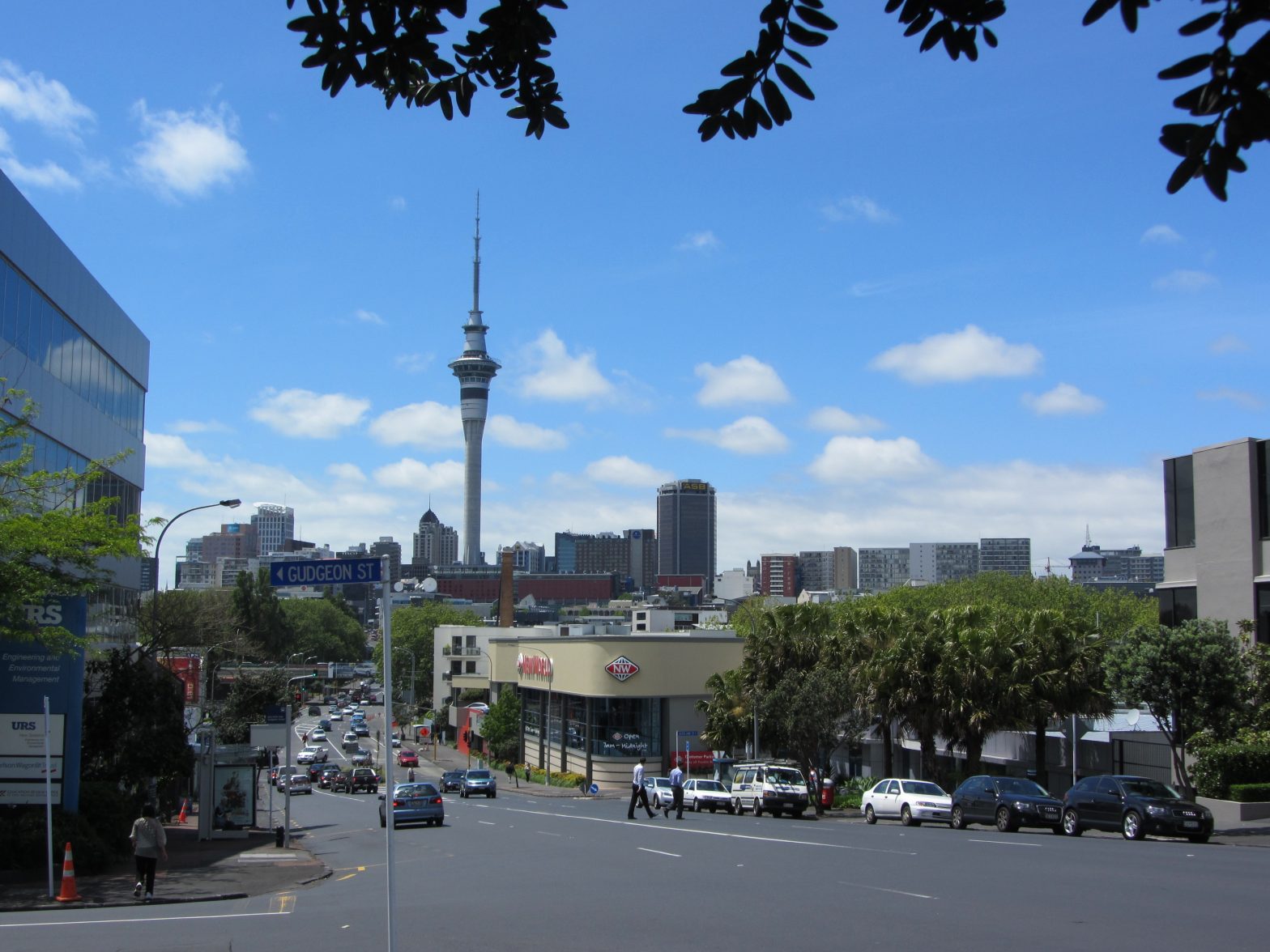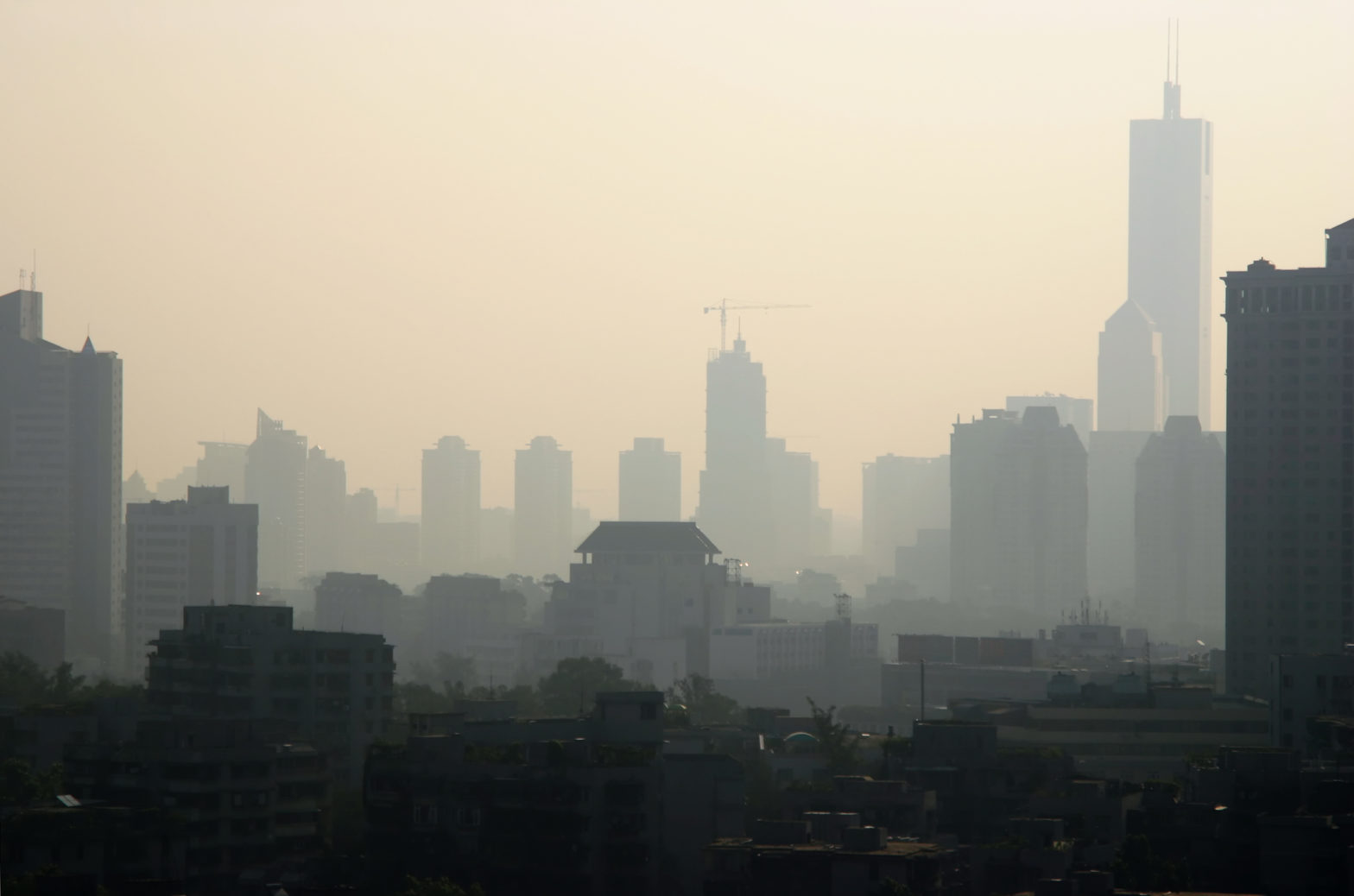
Photo: Auckland-Akos-Kokai
Study ranks Auckland as the world’s ‘spongiest’ city
23 March 2022
by Christopher Carey
Auckland, New Zealand has been ranked as the world’s ‘spongiest’ city by engineering consultancy Arup.
The firm’s Global Sponge Cities Snapshot report examined the amount of green space and permeable local soil in seven major global cities – London, New York, Singapore, Auckland, Mumbai, Nairobi and Shanghai.
The study covered approximately 150 square kilometres of each city’s main urban centre, using land analysis tool Terrain to determine which cities were the most absorbent.
New Zealand’s largest metropolis came out on top, while London was ranked as the least spongy city.
“Given the challenges of climate adaptation, cities can’t go on being concrete jungles, in conflict with nature,” said Arup’s Global Water Leader, Mark Fletcher.
“Every city has unique natural assets – grasslands, forests, parklets, lakes and ponds – [and] these need to be quantified, valued and utilised in the same way we treat other vital resources.
“Our survey is not intended as a score card, but to show cities how they can use digital tools to quickly establish a far better understanding of their natural assets.”
Who’s the spongiest?
To create the calculations in its report, Arup used an advanced digital tool which applied machine learning and artificial intelligence techniques to accurately quantify the amount of green and blue infrastructure – such as ponds, lakes, grass and trees – versus the amount of grey infrastructure like buildings and hard surfaces.
Authors supplemented this analysis with insight on soil types and vegetation, enabling them to estimate how much rainwater would be absorbed in a defined heavy rainfall event.
Based on these factors, the cities’ levels were determined as: Auckland, 35 percent; Nairobi, 34 percent; Singapore, 30 percent; Mumbai, 30 percent; New York, 30 percent; Shanghai, 28 percent; and London, 22 percent.
The new analysis comes as the UN’s Intergovernmental Panel on Climate Change (IPCC) predicts that water-related risks will increase with every degree of global warming, with around 700 million people currently living in regions where maximum daily rainfall has increased.
In 2021, London was hit with rainfall levels much higher than usual, with 47.8 mm of rain falling in a 24-hour period – most of it over the space of one hour.
“To flourish, cities need to learn quickly how to deploy nature-based solutions, which bring far wider benefits than traditional engineered ‘grey’ infrastructure and contribute positively to carbon reduction,” said Will Cavendish, Arup’s Global Digital Services Leader.
The term “sponge city” was first coined in 2013 by Professor Kongjian Yu of Peking University to describe cities that work with nature to absorb rainwater – instead of using concrete to channel it away.
Image: Auckland-Akos-Kokai











